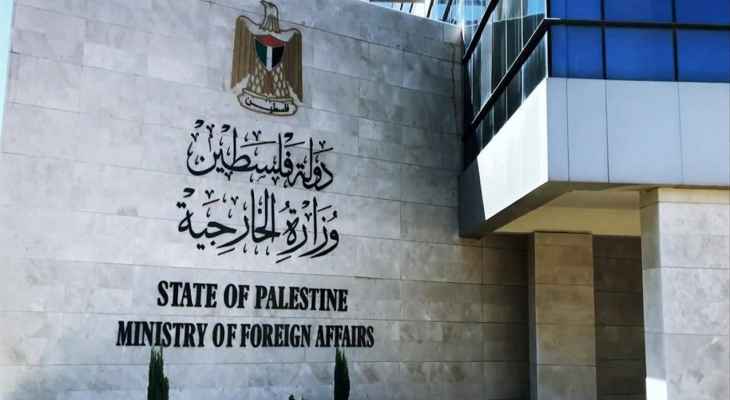The Palestinian Foreign Ministry condemned “the approval by the Israeli occupying authorities of a settlement plan to establish a new settlement on the lands of Palestinian citizens in the city of Derastiya in the central part of the occupied West Bank.”
The Ministry of Foreign Affairs also expressed condemnation in a statement that “the occupying forces placed concrete cubes at the main entrance to Masafer Yatta near the village of At-Tawani, south of Hebron, to increase control and close the area in preparation for the invasion.” seizure and control of movement to and from it, as well as the refusal of the occupying authorities to evacuate the outpost.” .
It denounced “the destruction by settler gangs of almost 200 olive trees near Yatta, and other violations and crimes against settlements against Palestinian towns and villages and all areas classified (C), which make up most of the occupied West Bank.”
And he considered that “the approval of the construction of a new settlement in Salfit governorate falls within the scope of a racist plan of colonial expansion aimed at turning all settlements in the lands of the Salfit and Qalqilya governorates into one huge cluster of settlements, connected to another huge cluster of settlements in the south of Nablus governorate and extending inland of Palestinian land in Ramallah governorate from the north, as far as the Palestinian Jordan Valley, and is linked to the Israeli hinterland, including a wide network of roads and tunnels and the capture of thousands of Palestinian dunums.
The Ministry of Foreign Affairs emphasized that “this ongoing crime is leading to the fact that any opportunity to revive the peace process on the basis of a two-state solution is forever closed and any possibility of embodying a viable, geographically connected sovereign Palestinian state from its capital, East Jerusalem, is undermined, which exacerbates the rejection by the Israelis of resolutions that have international legitimacy, and even creates new facts with which it becomes impossible and unrealistic to talk about a two-state solution.”
Source: El Nashra
